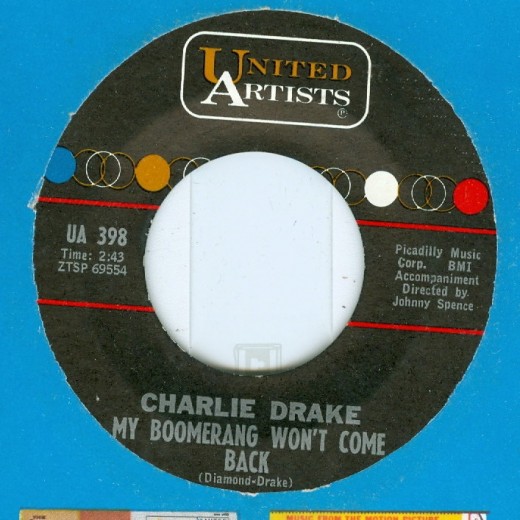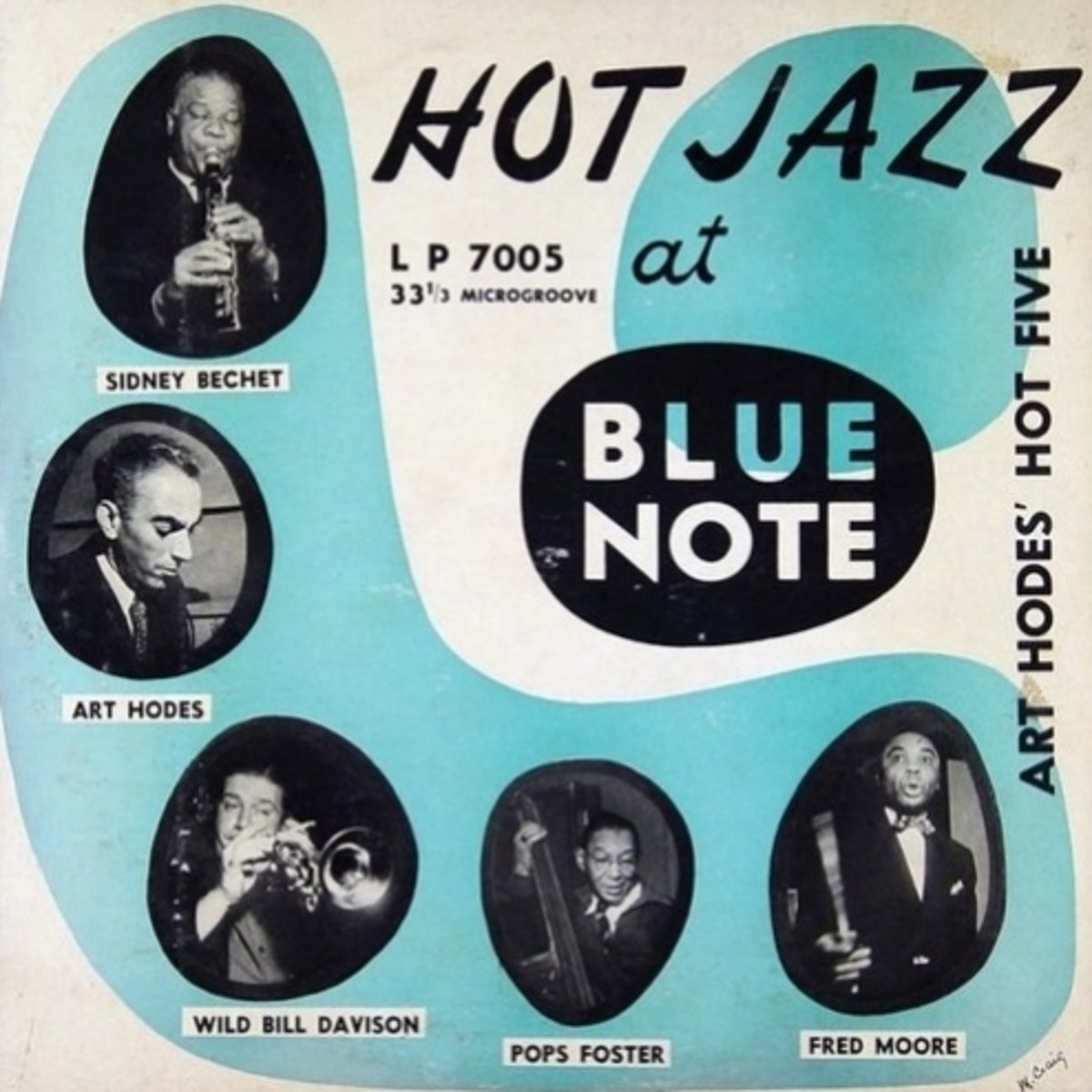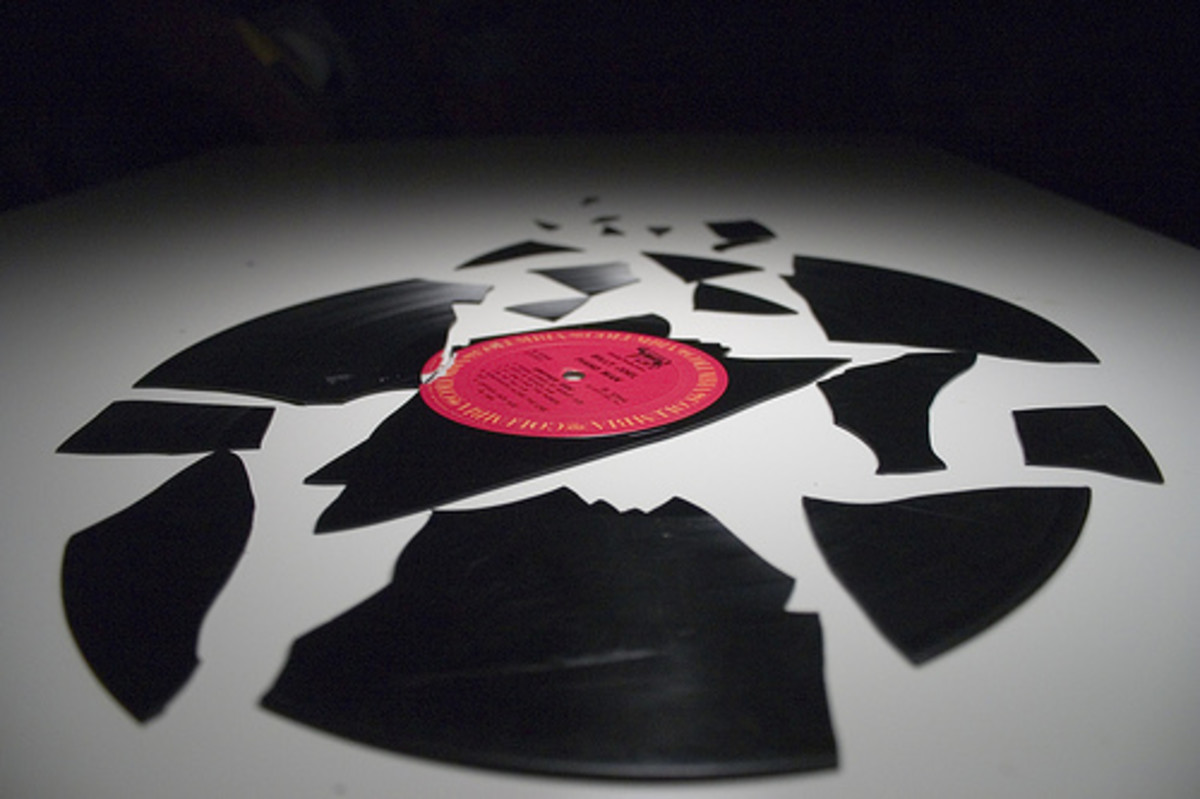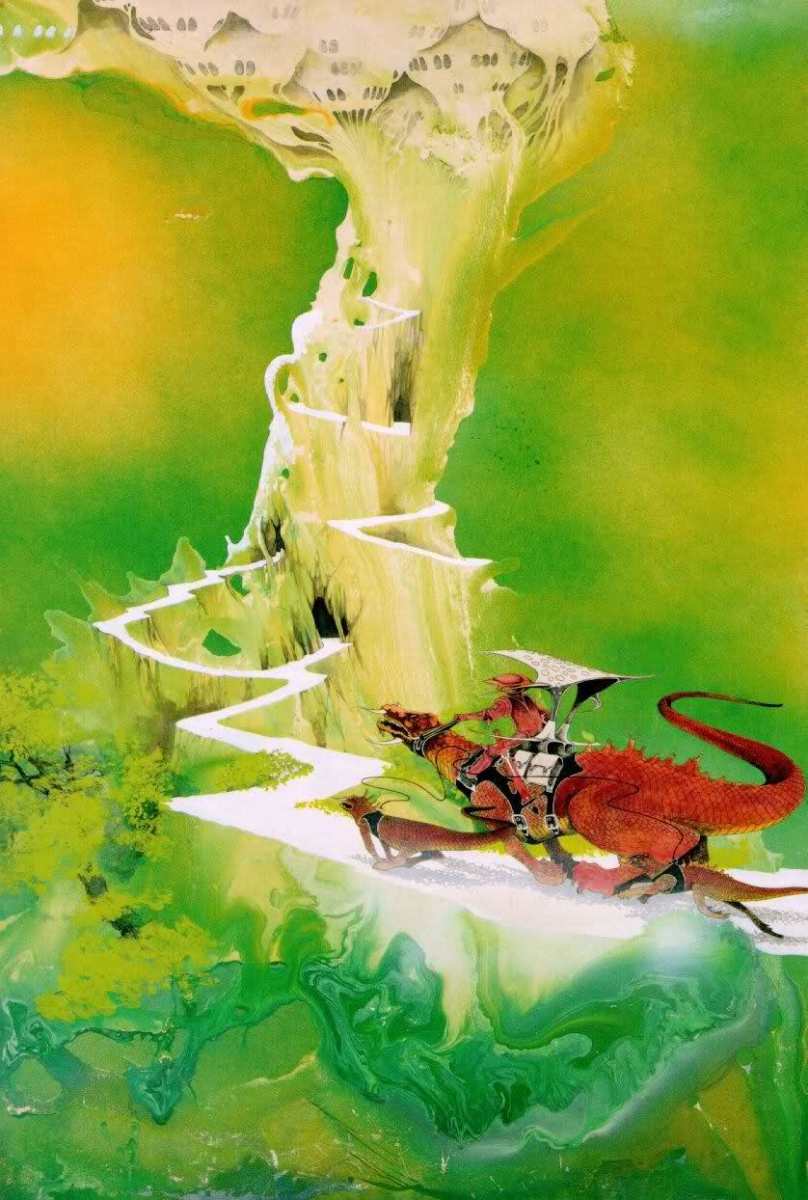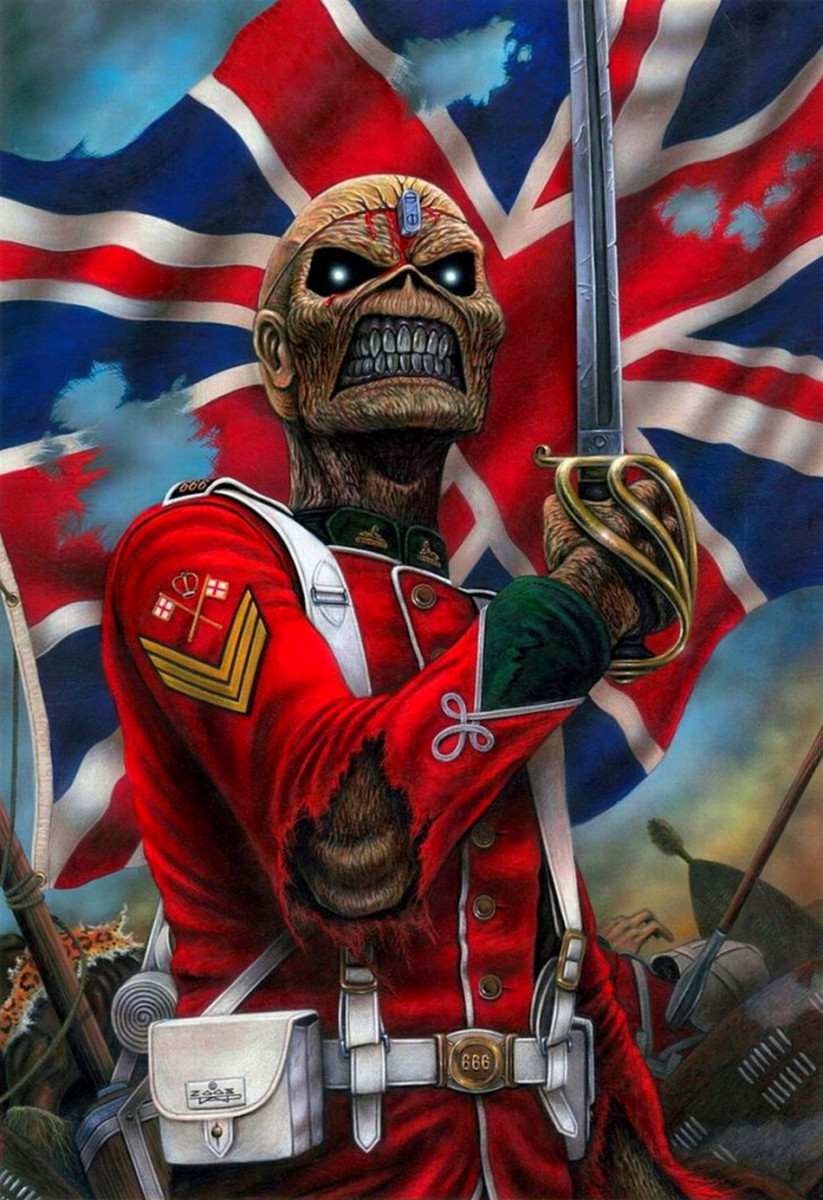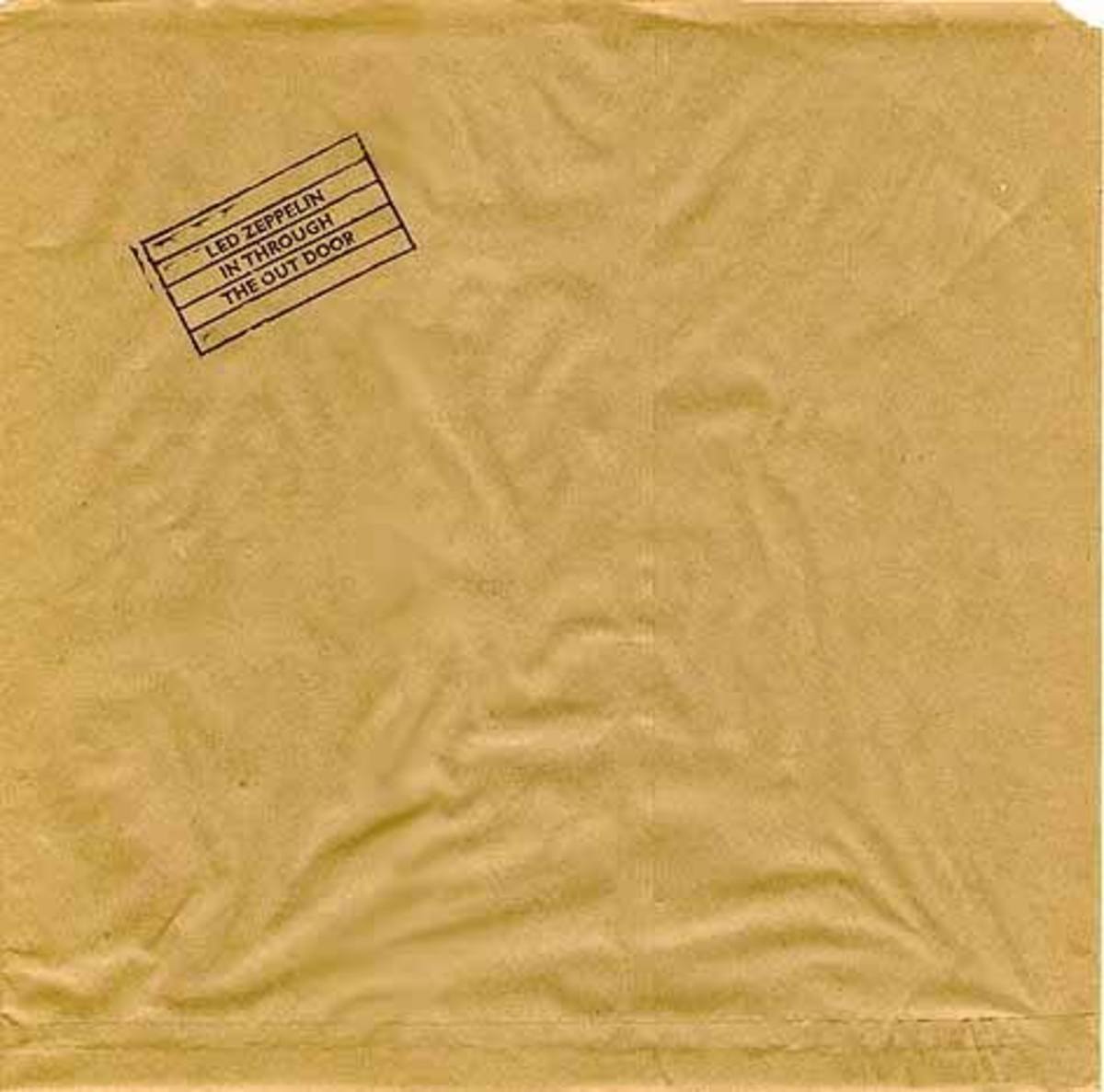THE RECORD PROFESSOR PART 11
You'll Never Do the Sullivan Show Again
Okay, let's start talking really dirty.
Wait a minute. Better not. Especially if you're a rock star.
Supposedly, the U. S. Constitution guarantees freedom of speech--except for yelling "fire" in a crowded theater. Or except if you make a record with some "bad" lyrics. You would be amazed at how many so-called mainstream artists have had their hands slapped, figuratively speaking of course, when they got out of line.
WHICH ARTISTS HAD THEIR RECORDS OR SONGS CENSORED FOR SUGGESTIVE AND/OR OBJECTIONABLE LYRICS?
Let's choose from this group:
1. Roy Orbison
2. Melanie
3. Charlie Drake
4. Jimmy Dean
5. Peter, Paul, and Mary
6. All of the above
The answer, big surprise, is number 6. All those artists, some unfairly, all against the spirit of the Constitution, have been censored, banned, scolded, or otherwise punished for expressing themselves. Let's take a look at each of them, and then add a few.
Roy Orbison Nowhere could you find a more inoffensive singer. Revolutionary, yes, with that big operatic voice. Offensive, never. Except one time, in the lyrics of his greatest hit, "Oh Pretty Woman." The record, as released in October of 1964, had the words, Come to me baby, be mine tonight. Long after it was number one, though, the guardians of our virtue decided that the line was way too suggestive. So Monument Records made poor Roy rerecord that line for future releases. Now, the public heard: Come WITH me baby, be mine tonight. I guess they figured the imagery was a little less sexual.
Melanie Primarily known as a peace-and-love folksinger, Melanie Safka had her biggest hit with a novelty song called "Brand New Key," which, like "Pretty Woman," hit number one. But would you believe that some radio stations refused to play the song because You've got a brand new pair of roller skates, I've got a brand new key was supposedly overtly sexual? But the song got good penetration elsewhere.
Charlie Drake Who? You know the song--"My Boomerang Won't Come Back," on United Artists records back in the early Sixties. Charlie's offense was not sexual, it was racial. I waved the thing all over the place, practiced till I was BLACK in the face... Like Orbison's record, Drake's was well into its release before the record label forced him to rerecord the song to say Practiced till I was BLUE in the face. When you discover this record at a flea market or yard sale, you'll be able to tell whether your copy is valuable or not simply by playing it.
Jimmy Dean You have got to be kidding, right? The late country singer who hit it big with his sausage empire? Before that, though, this colorful character was a hit songwriter who reached the top of the charts with "Big Bad John." Unlike the other songs mentioned above, though, the end lyric in "John" was changed before it was ever released on vinyl. So instead of At the bottom of this mine lies a hell of a man...big John, the record-buying public and the radio listeners heard At the bottom of this mine lies a big, big man...big John.
Peter, Paul, and Mary No, there was no drug reference in "Puff the Magic Dragon," as so many people thought over the years (the latest being Democratic presidential nominee John Kerry in 2004, who made the "toke" sign at a rally when the group played its famous song). It was just a simple, sweet kids' song, cross my heart. Peter Yarrow happened to see the song lyrics, then a poem in someone's typewriter, at college. That author, Leonard Lipton, had no idea that a complete stranger would much later take his creation and make a hit record out of it. I guess it dawned on Lipton when he started getting royalty checks, proving that not all rock history stories have a "rip-off" part to them. Still, the myth of Puff being a reference to marijuana persists today.
Everly Brothers No sex or racism here. Just good taste, or perhaps the lack of it. After their monster hit, "Cathy's Clown," which they wrote, the Everlys turned to singer/songwriter John D. Loudermilk for another hit, "Ebony Eyes." Only problem was, it was about people dying in a plane crash. The song was a success, but controversial, and some radio stations left it alone.
Byrds Former Vice President Spiro Agnew took the group to task for a drug reference in "Eight Miles High." But the writer of the song, Byrds' frontman Roger McGuinn, told me in a radio interview back in 1970 that the song was about flying in an airplane--which was definitely eight miles above the ground. Agnew had apologized by that time and McGuinn told me on tape, "God bless him."
Chuck Berry There was no way "My Ding a Ling" was going to get much AM radio play. But the song about male genitalia was still Chuck's only number one song.
The Doors and The Rolling Stones Let's put these two legends together in this discussion because they have something in common when it comes to censorship: They were both scolded by Ed Sullivan before he would let them perform on his Sunday night TV show on CBS. One group complied, the other one didn't. Guess which one thumbed its nose at ole Ed? Sullivan didn't like the Stones' song title, "Let's Spend the Night Together," so he insisted--and Mick Jagger agreed--that the group sing "Let's Spend Some Time Together" just for his show. The Doors' Jim Morrison, however, said one thing and did another when it came to Sullivan's dislike of You know we couldn't get much higher in the song, "Light My Fire." After agreeing to change the lyric, Morrison sang it just like he wrote it, causing Sullivan's producer to scream, "you'll never do the Sullivan show again." And Jim replied, "Hey man, we just DID the Sullivan show."
Beatles Just like "Puff the Magic Dragon" wasn't about drugs, neither was "Lucy in the Sky With Diamonds," even though the song had L.S.D. in the initials. John Lennon was inspired by his son, Julian, who in turn had been mesmerized by a girl named Lucy at school and had drawn a picture of Lucy with diamonds in the sky. Too bad John didn't give his son co-writing credit.
Loretta Lynn The original bad girl of country music. Unlike the women who sang about being hurt by love, Loretta was the first female country singer to give as good as she got. After "You Ain't Woman Enough," Loretta clinched her fist and released "The Pill," a song that said if men can screw around, a new birth control device would let women do the same thing. Conservative country radio found "The Pill" something they couldn't swallow.
Finally, let's talk about a one-hit wonder performed by a radio disc jockey who named himself Napoleon IV. Warner Brothers records issued a 45 RPM version of Napoleon's song, "They're Coming to Take Me Away, Haa Haa," which quickly hit the Billboard Top 5 because people thought it was so funny. But within a few weeks, listeners started being turned off by the song because--they said--it made fun of the mentally ill. So the song disappeared from the Top 10 as quickly as it had arrived.
Which just goes to show you that you're crazy if you try to say something bad on record.
